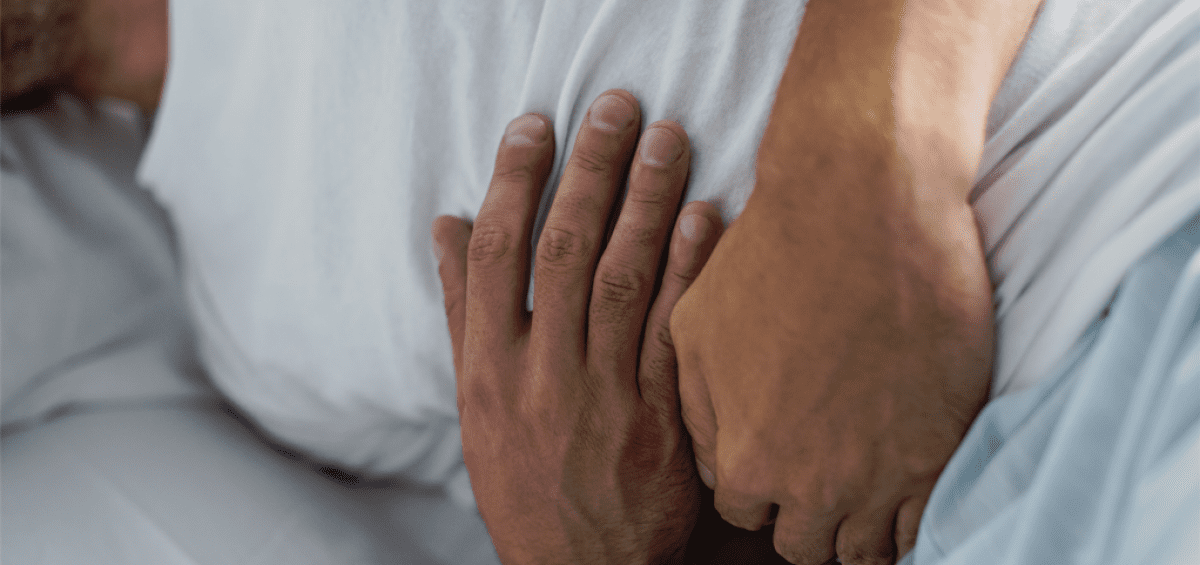Inflammation. It seems like a health buzzword these days, thrown around to describe just about anything.
But it’s no wonder why. Inflammation is the body’s natural response to a vast number of acute and chronic conditions, from a tiny papercut to an autoimmune disorder like Lyme’s Disease. While it’s easy to label inflammation as entirely bad, a small amount is actually vital for the healing process. It’s when you start to experience the effects of long-term inflammation that there may be something wrong.
Before delving into the ways to reduce inflammation, it’s important to understand what it is, exactly. Inflammation is characterized by 5 traits: pain, heat, redness, swelling, and loss of function. While these traits don’t always occur together and can manifest in different ways, we’ve all probably noticed the immediate characteristics of inflammation when we skinned our knees as kids, or had a cold, or had food poisoning. Inflammation is simply a biological response to infections and foreign substances, the white blood cells and immune system kicking into high gear. When your skinned knee hurt and turned red, or when you had a fever during the flu—these were necessary inflammatory responses.
When symptoms of inflammation begin to persist without a known cause, there could be reason to worry (and it may be time to get a blood test). Chronic inflammation means that the body is persistently attacking itself, rather than a foreign substance. Chronic inflammation is a symptom of disorders such as rheumatoid arthritis, lupus, asthma, Crohn’s disease, ulcerative colitis, type 2 diabetes, leaky gut, chronic fatigue syndrome, thyroid diseases, MS, Psoriasis, Hashimoto’s disease, allergies, and more.
Research suggests that millions of people must live with some degree of inflammation, often silently facing unseen symptoms. And, since there’s usually no immediate way to treat chronic inflammation, we often find ourselves in an ongoing cycle of consistently working towards managing and reducing symptoms and flare-ups. While any measure can seem like a drop in the bucket, there are some effective ways you can work to reduce inflammation in your body. Follow along for some things you can do now to limit bodily inflammation.
5 Ways To Reduce Inflammation In Your Body
1. Acupuncture
A study conducted last year found that acupuncture can have an immediate anti-inflammatory response for some recipients. As a licensed acupuncturist with years of experience, I see the benefits acupuncture can have on people with inflammation each and every day. If you’re interested in learning more about how acupuncture works or if it’s right for you, click here.
2. Herbal Therapy
Certain Chinese medicinal formulas can increase energy, improve digestion, decrease pain, improve breathing, and reduce overall inflammation. You can also try incorporating anti-inflammatory spices into your cooking and diet, like turmeric, ginger, cinnamon, garlic, black pepper, cayenne, clove, and more.
3. Boost Your Diet
Sugary and processed foods can spike blood sugar and increase inflammation. In contrast, foods that are high in antioxidants can reduce inflammation, such as berries, green tea, avocados, lentils, and green leafy vegetables. Foods with omega-3 fatty acids, like salmon, tuna, walnuts, flaxseed, and soy, are very beneficial as well.
4. Lifestyle changes
Changing some of your simple daily habits can have a major effect on inflammation. These include quitting smoking, reducing alcohol intake, getting enough sleep (8+ hours), and staying fit. Just 20 minutes of exercise each day can have a powerful anti-inflammatory effect!
5. Massage
Massage, especially in conjunction with acupuncture, is proven to reduce inflammation as well as promote the growth of new mitochondria in skeletal muscle. Just 10 minutes of massage had sizeable effects!
If you are suffering from chronic inflammation and you’d like to learn more about the benefits of acupuncture, contact Lindsay Matthew at River City Wellness today for more information. With over a decade of experience as a licensed acupuncturist, Lindsay is also proficient in cupping therapy and moxibustion, and is a certified Chinese herbalist. Call 502-822-0626 today or schedule an appointment online.

